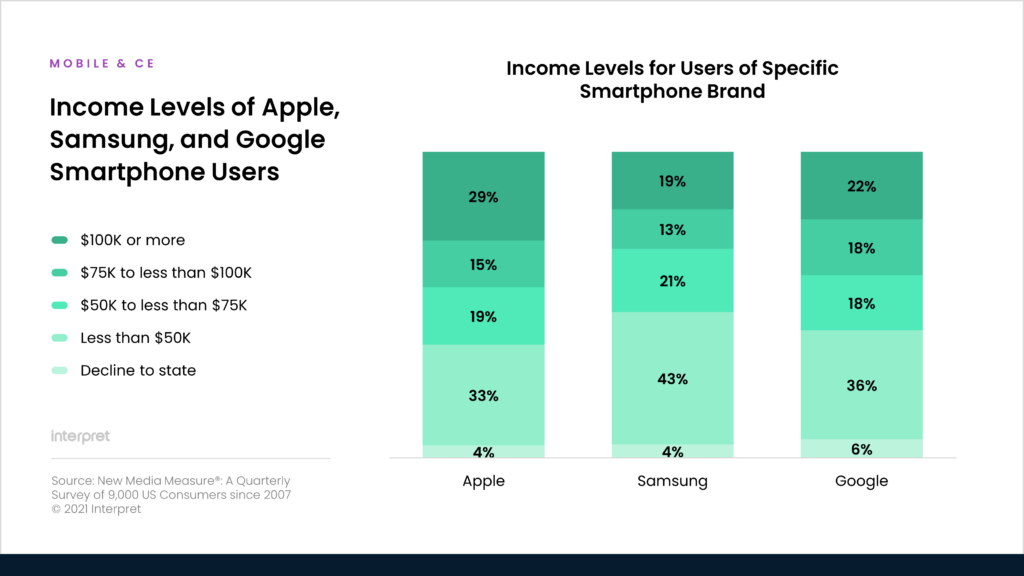Despite generally positive reviews and stellar camera performance, Google’s Pixel line of smartphones have yet to truly catch fire among smartphone buyers, as Apple and Samsung continue to control the lion’s share of the market. Some have chalked that up to Google’s advertising approach, but when the Pixel 6 and Pixel 6 Pro launch later this year, users may notice something different: Pixel phones will be powered by Tensor, Google’s own custom chipset, instead of Qualcomm, and the company will be pursuing more premium features.
In the past, Google had targeted the mid-tier or budget smartphone market. The Pixel 5 starts at $699 and the Pixel 4a 5G starts at $499, for example. With large OLED screens supporting 120Hz refresh rates, glass panels, wide, ultra-wide, and telephoto lenses (supporting 4x optical zoom) for the camera, it’s clear that Google is incorporating more premium components and a design aesthetic to complement its first-ever smartphone chip. As CNN notes, while the company has yet to unveil all the details or a price point, it’s likely that it’s signaling an intent to charge customers more for both new Pixel devices, putting it in competition with the likes of iPhone 13 or Samsung’s Galaxy S21.
According to Interpret’s New Media Measure®, the decision to appeal to premium phone buyers may be a smart one, as 18% of Google phone users earn over $75,000 compared to 15% of iPhone users and 13% of Samsung phone users. When looking at the $100,000 and up income level, Apple still has an advantage in the premium smartphone market (and its pricing has always reflected that demand) but Google does appear to have an opportunity to realize sales success with more expensively priced products given the relative size of its high-income base.
Those who do decide to support Google’s smartphone endeavor will likely see the benefits of Tensor. By producing its own chipset, Google is now better able to synergize and maximize its own highly-touted software and AI with its hardware – something that Apple excels at and is doing with its own M1 chip. With Tensor’s capabilities, including machine learning, Google believes it can do for video what it did for photography. Whether this will be enough to move market share in Google’s favor even the best AI likely can’t predict.




